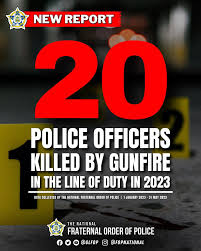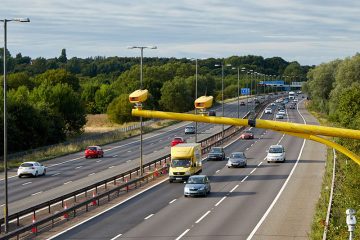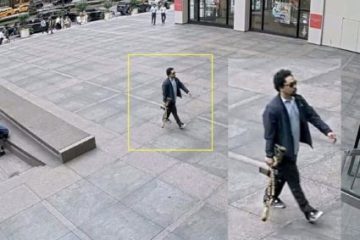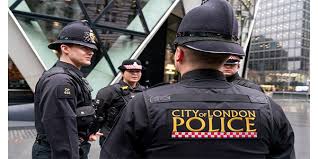The Essential Role of an Officer on Duty

Introduction
In today’s society, the presence of an officer on duty plays a vital role in maintaining public safety and order. These officers are often the first point of contact for the public in various situations, from mundane incidents to emergencies. Their responsibilities are far-reaching, impacting everything from community trust to the enforcement of the law.
Roles and Responsibilities
Officers on duty are tasked with a variety of responsibilities that encompass a broad spectrum of duties. Primarily, their role involves the enforcement of laws, responding to calls for service, conducting investigations, and providing assistance at events.
According to a report by the College of Policing, officers spend approximately 80% of their time on patrol, which embodies visibility and proactivity in crime prevention. This active engagement helps foster trust within the community, an essential component for effective policing.
Emergency Response
One of the most critical aspects of being an officer on duty is the ability to respond swiftly and appropriately to emergencies. Recent events, such as the increase in public safety incidents due to urban unrest, have highlighted the necessity for officers to maintain a calm and strategic approach. Reports from National Police Chiefs’ Council indicate that having officers on duty during peak hours is crucial for reducing response times and providing timely assistance to those in need.
Community Engagement
A significant part of an officer’s duties involves community engagement. Officers frequently participate in community events and outreach programs aimed at building relationships and promoting safety education. This engagement not only assists in crime prevention but also helps to address community concerns directly, creating a sense of reliability among residents.
Recent Developments
In light of the evolving landscape regarding public safety, several police departments have begun to implement new technologies to support officers on duty. For instance, the introduction of body-worn cameras has been shown to improve accountability and transparency, thus fostering a better relationship between the police and the communities they serve.
Conclusion
The role of an officer on duty is increasingly important as societal needs evolve. With responsibilities that range from law enforcement to community relations, these officers are essential in maintaining safety and order. As public safety challenges continue to arise, the significance of having dedicated and well-prepared officers on duty will only grow, prompting continuous improvements in training and technology to support their crucial work. Looking ahead, community-police partnerships and innovative strategies are likely to play a significant role in enhancing the effectiveness of officers on duty in our towns and cities.








